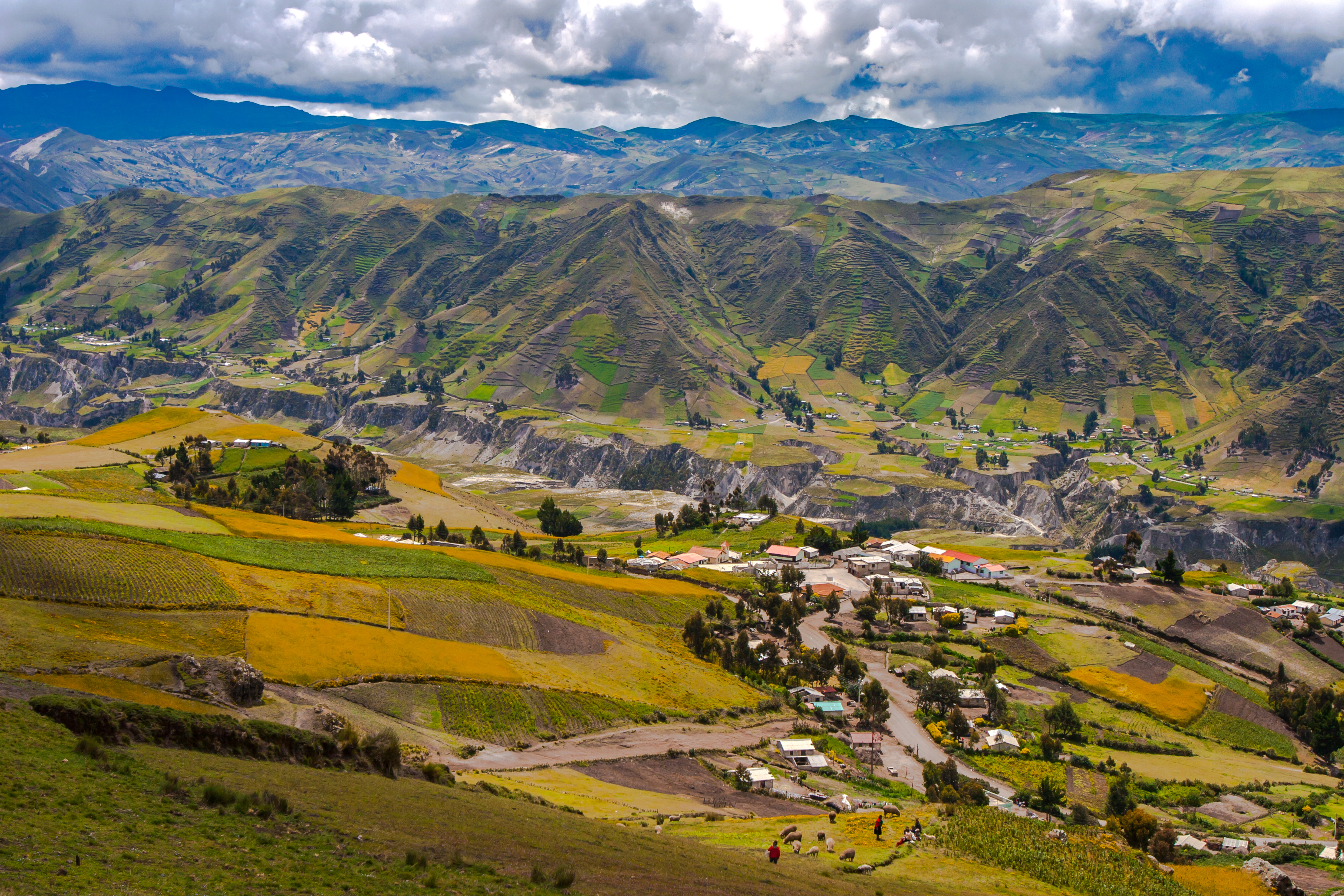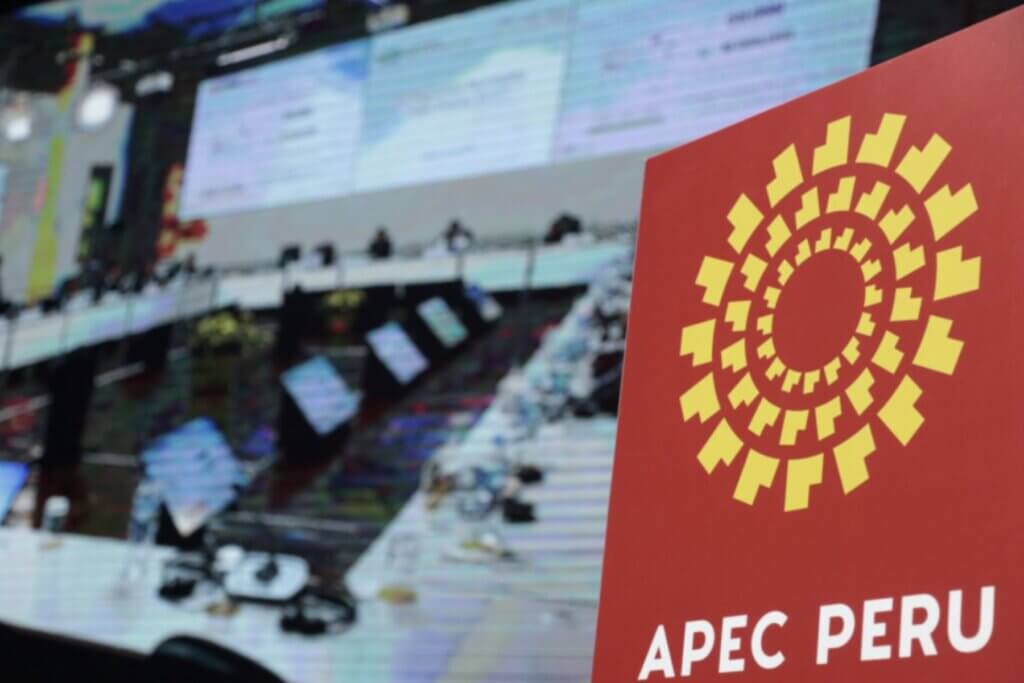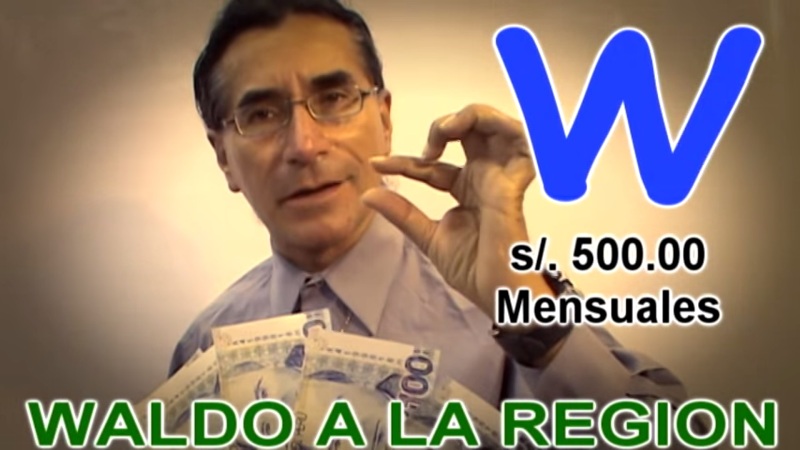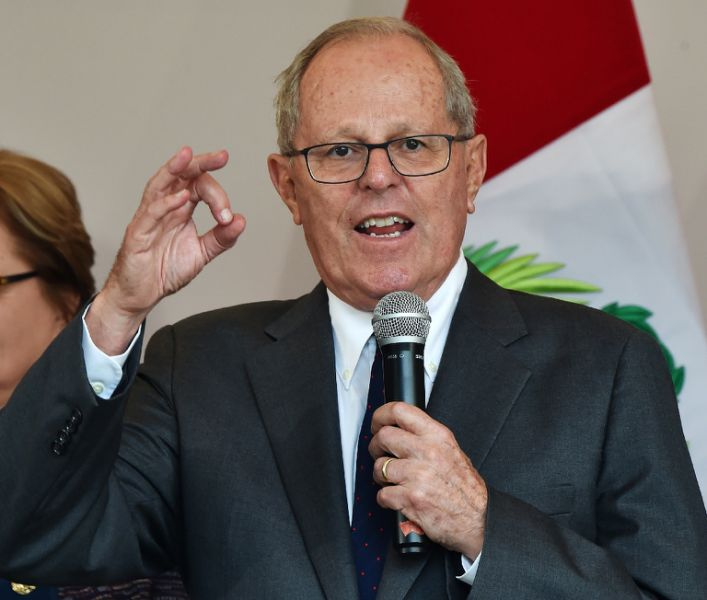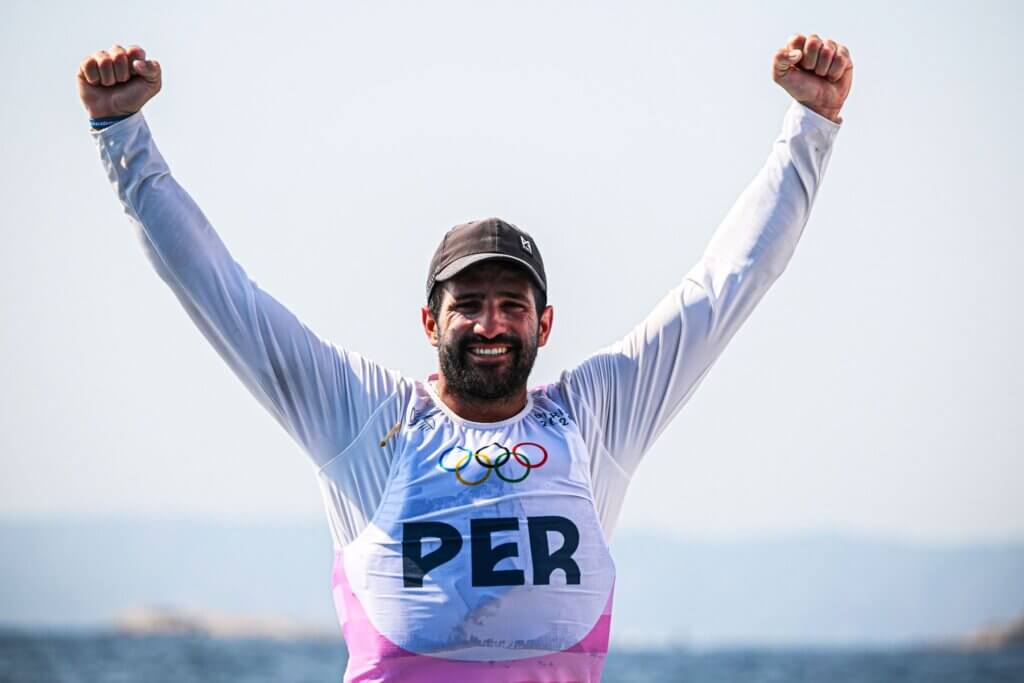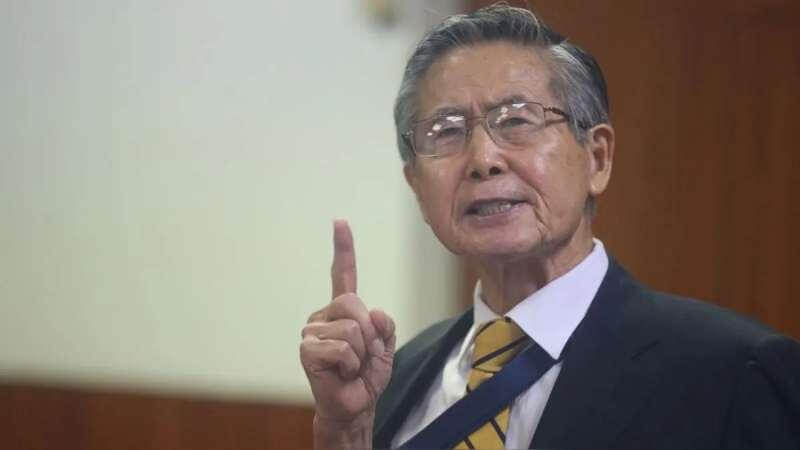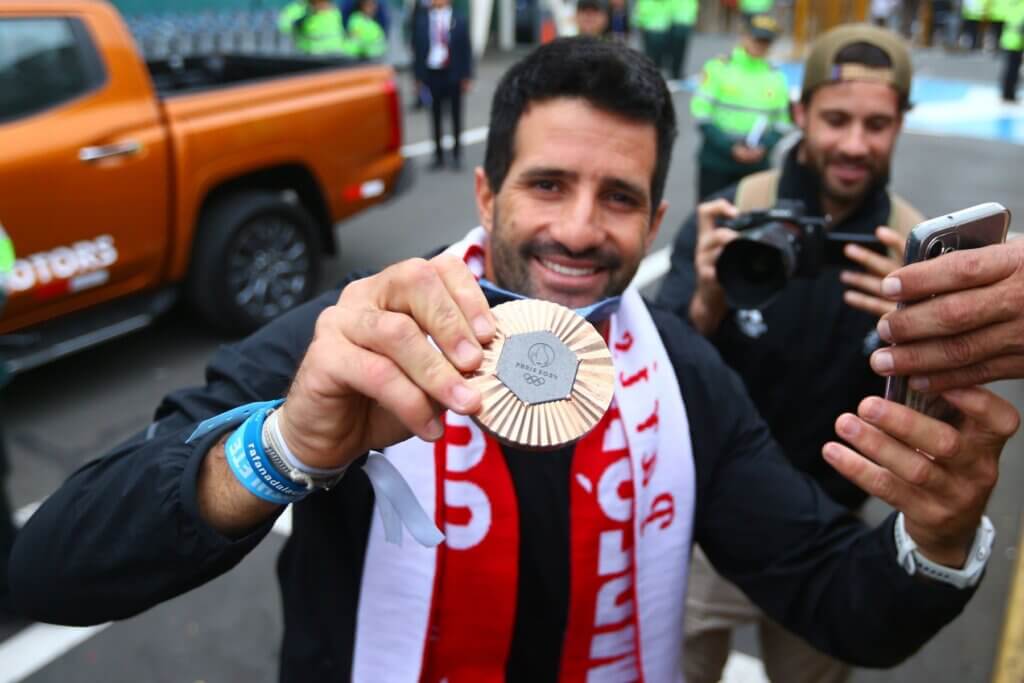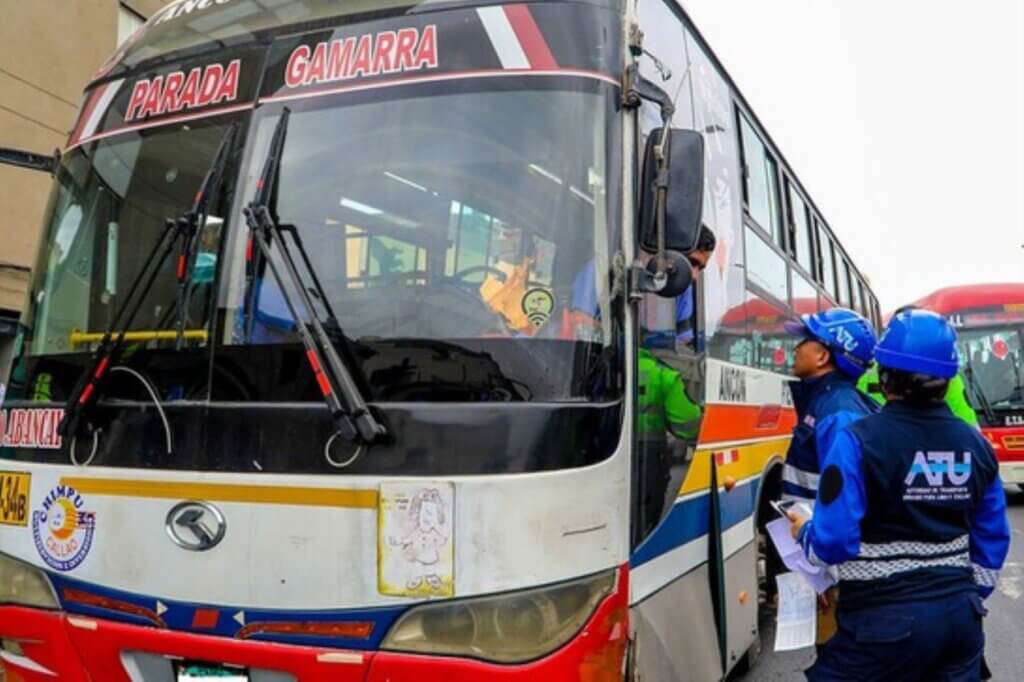A new project focusing on clean water and climate change will be rolled out in the Andean regions of Peru, Bolivia, Ecuador and Colombia.
The project, known as AICCA, is being carried out by the Committee for Sustainable Development in the Andean Ecoregion (CONDESAN) and has the support of the Bank of Latin American Development and the Global Environment Facility, which has given $10 million towards the project.
According to the CONDESAN website, the project will work to face the challenges created by climate change with a focus on the availability and use of water in the Andean populations.
AICCA will set up pilot projects in priority areas to collect information which will allow them to set up strategies and programs at a national level, and give them the ability to exchange and draw conclusions from these experiences.
Peruvian news site PeruInforma states that the four-year project will work to ensure that rural areas have access to drinking water and will also develop small hydroelectric plants to provide clean electricity to the regions. The project will also provide sessions to teach people within the communities how to manage and conserve water in their area, as well as other good practices to combat climate change.
These sustainable development projects will be carried out in a direct manner over 36,160 hectares, but up to 403,160 hectares will also be impacted by the initiative throughout the four countries.
Although AICCA will be carried out independently, all the information and relevant experiences will be shared with the Ministries of the Environment of each country, with the hope of improving the creation of policies that protect rural communities and the environment. Maria Argüello, the executive director of CONDESAN, told PeruInforme about the positives of working over a large area.
“Reflecting at a regional level on the processes in the four participating countries will allow us to identify, share and explore common denominators relating to the variability and the impact of climate change for water security,” she explained.
Eleonor Silva Pardo, the Peruvian representative of the CAF, expressed her optimism towards the project to CONDESAN.
“We are very committed to contributing to this type of initiative to do with water sustainability, and even more in this case,” she said. “We want to emphasise its importance since it is uniting the forces of countries like Bolivia, Colombia, Ecuador and Peru, to improve the quality of life for our citizens.”
This initiative is extremely important because, even though the UN declared water and sanitation a human right in 2010, this has not had a direct effect on many rural communities across the world.
A study by Carlos Lozano highlighted the importance of creating a water management system for indigenous and rural people because it has a direct effect not only on local sustenance but also affects the assurance of food production across the nation.
A UNESCO document on water and indigenous populations highlighted that millions of people living in rural areas face discrimination in many spheres, and access to water is one of them.
To exacerbate the problem, these communities are rarely represented in national and international spheres where decisions are taken to improve these situations. This means that others in positions of power have to take steps to protect those who are being exploited, and CONDESAN is working hard to do just that.


